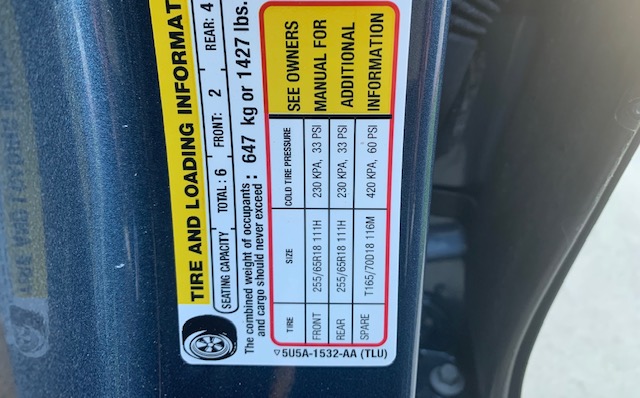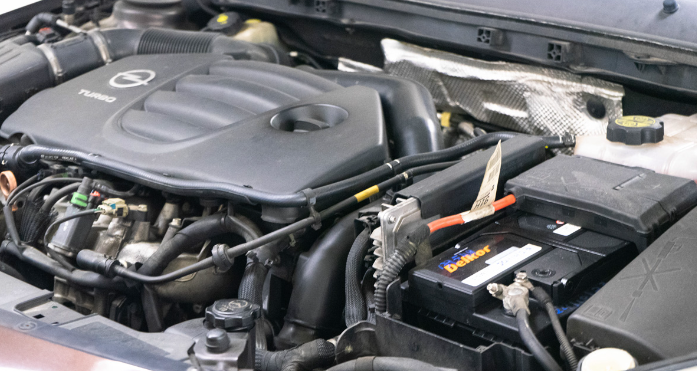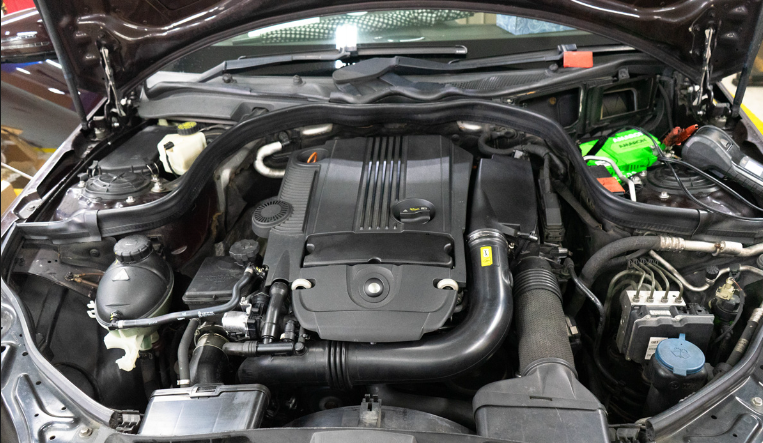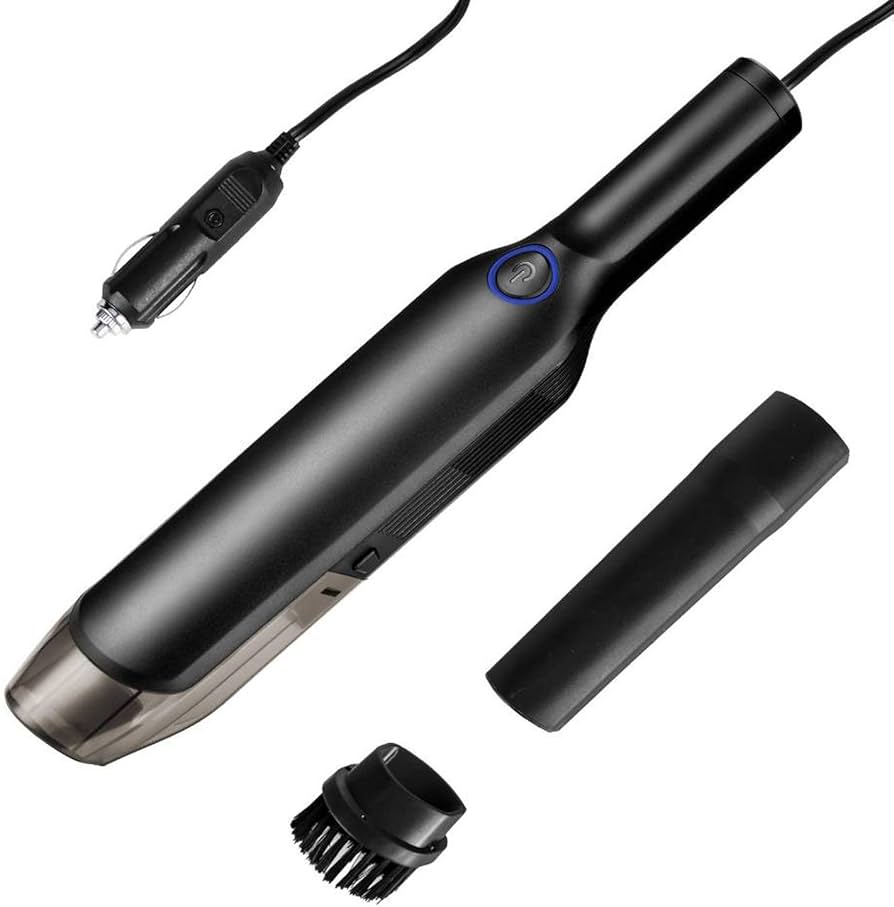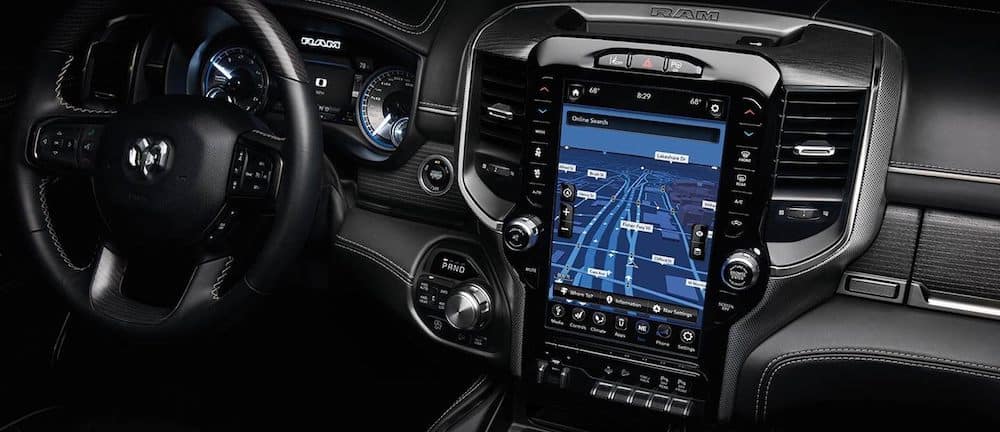Vehicles, SUVs and trucks all utilize a good network of sensors, wiring and control modules to acquire a group of self-diagnostic capabilities. This network helps to make it possible for the engines to operate at high efficiency.
Engines now work better, operate with a minimal emission output and produce more power.
Although, sensors that are found within this type of network are prone to failures, which often results in the illumination of the check engine light.
If this occurs, it causes the fault code to be stored, which helps to determine the main point of error within the vehicle’s communication network. The fault codes gotten are used for the diagnostic process.
One of the most common fault codes known to occur by mechanics and motorists is the DTC P0108. What does this mean?
What is the Meaning of the P0108 Code?
P0108 code is related to the engine’s absolute pressure sensor, and its corresponding circuit. The sensor helps in recording and measuring an engine’s vacuum, which is used to facilitate efficient combustion.
Diagnostic trouble code (DTC) P0108 is an indication of manifold absolute pressure and sensor circuit fault. More accurately, the vehicle’s ECM/PCM affected has determined that the input from the sensor is irrational, or can be very high in given circumstances.
Modern engines feature MAP (Manifold Absolute Pressure) sensors, which measure the vacuum found within the engine itself. This vacuum is relayed to your vehicle’s PCM in a form of a voltage reading.
As the vacuum increases, the circuit voltage decreases. A MAP sensor that functions properly should provide an appropriate reading of 1.5 volts at idle and yet read about 5 volts at full throttle.
Symptoms of P0108 Code
In the case of a P0108 diagnostic trouble code, the vehicle’s ECM/PCM will determine if the MAP sensor circuit will provide more than enough voltage for its corresponding engine load. This also simulates a low vacuum reaction.
Due to this, the engine’s operation can also be impacted negatively or even severely. DTC P0108 code is usually accompanied by a number of symptoms; many of them relate to vehicle driveability.
Although not all of those symptoms might be present in all cases, these are the most common.
- Reduced fuel economy
- Check engine light
- Poor or irregular idle
- Stalling or hesitation
- Dark-colored or black exhaust smoke
What are the Causes of the P0108 Code?
Diagnostic trouble P0108 code can be due to several different main causes. Understanding these root causes can make it easy for repairs when they need to be done; helping you save both effort and time along the way.
The following are some of the main common causes of DTC P0108.
- Severe vacuum leak
- Faulty MAP sensor
- Internal damage of the engine which results in loss of vacuum
- Open or shorted wiring in MAP sensor ground, reference, signal or circuit
- Damaged Catalytic Converter
Is P0108 Code Serious?
In general, trouble code P0108 is known to be very severe in nature, primarily because of the many effects that this kind of condition will have on your vehicle’s driveability.
Issues of such a nature will lead to your vehicle’s erratic idling, rough or stalling. The vehicle’s fuel economy tends to also suffer.
In most events, the main cause of this diagnostic trouble P0108 code should be repaired immediately after being diagnosed. If you do this, it will prevent any form of additional suffering or damage, and minimize your chance of being stuck on the road looking for help.
If you are not comfortable doing these repairs yourself, you can go to a trusted service center or a good auto repair shop to make an appointment as soon as possible.
How to Diagnose the P0108 Code
The steps below can be used to diagnose and repair the main cause of your vehicle’s trouble code P0108.
Step 1: Check for Any Additional Trouble Codes
Before starting this diagnostic process, make sure you check for the presence of any additional DTCs with [amazon link=”B07Z3HB7DR” title=”a quality scan tool“]. Any codes found should be carefully diagnosed and then repaired before you can proceed.
Step 2: Perform Visual Inspection
Begin the process by inspecting your engine’s MAP carefully that is the (manifold absolute pressure) sensor and all its corresponding wiring. All the defects found should be repaired before any other diagnostic process is carried out.
Step 3: Compare BARO readings and KOEO MAP
Compare the readings gotten from the vehicle’s MAP sensor and that of the barometric pressure sensor, while your vehicle is in a KOEO (key on engine off) state. The readings should be within a .5 volt from each other. When the variances a greater this indicates a fault in the MAP sensor.
Step 4: Check Voltage When Idling
Start your vehicle and then check the MAP sensor voltage at idle, then with an appropriate scan tool. The voltage should be at least 1.5 volts, if all readings are within range then inspect all the engine’s vacuum hoses to detect signs of dry-rotting or damage.
Step 5: Verify Engine Vacuum
[amazon link=”B07K7HT3XJ” title=”Use a vacuum gauge“] to check the engine vacuum if the voltage exceeds 4 volts. If readings fall short, it shows that the internal engine wears or that there is a vacuum leak, while readings above the mark fall within acceptable range this warrants further testing.
Step 6: Check for Circuit Response
Unplug the MAP sensor and look for changes in voltage [amazon link=”B00UJV3E12″ title=”using the scan tool“], a “no voltage” reading should be present. However, if a voltage reading is present then proceed to step 7.
Step 7: Isolate the MAP Sensor Signal Wire
Now, isolate your MAP sensor signal wire from its connector at the PCM. Repeat step 6, if the voltage reading persists then the PCM is likely to be faulty.
Although, loss of voltage is usually caused by shorted MAP sensor signal wire.
Final thoughts
There are several defects that can cause the P0108 code issue, and they are all related to the engine.
Please ensure you do not take engine issues lightly, they are to be treated as top priority irrespective of how critical the problem might be. The P0108 code is one fault you should repair immediately.






